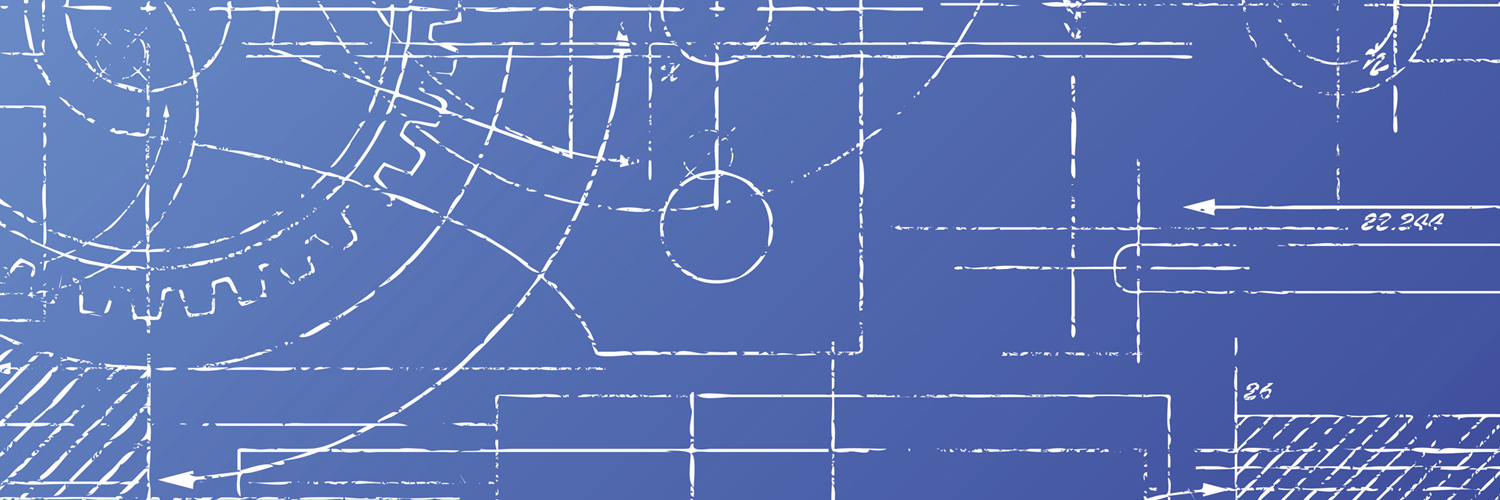Smart Building Construction
Plan Construction Projects with Cutting-Edge Energy Management
Smart building construction uses advanced technology to increase efficiency, performance and comfort. While adding technology to a building does increase the initial cost, it has the benefit of reducing operating costs over time. In addition, automation systems add performance features that increase the functionality of the building.
With the ever-increasing rise in the cost of energy resources, and concerns about emissions and environmental issues, smart technology has become a very important component of construction methodologies. At the same time, the cost of technology features has been reduced, making them ever more affordable. When properly applied, technology features typically pay for themselves within a few years by delivering energy savings, performance increases and related efficiencies.
The Internet and advances in computer technology, such as remote systems control, has also made smart building construction more attractive and feasible for commercial property owners and homeowners alike. Given this rise in technology, construction managers must be better educated in smart building methodologies to meet client demands, new regulations and energy conservation goals.
Smart buildings have an electronic “command center” that controls the lighting, heating, ventilation and air conditioning systems. These technologies are called building automation systems (BAS). According to Energy Star, the average commercial building wastes 30 percent of the energy it consumes, resulting in high utility bills, increased maintenance, and equipment failures. Smart building construction technologies offer the advantage of improved control of these key systems with reduced manpower. In addition, the data generated by these new systems allows owners to monitor key systems in real time to avoid unexpected failures, while at the same time manage the actual cost of occupancy. In many areas, owners also integrate these systems into existing structures, increasing the demand for professionals with knowledge of these technologies and smart building construction.
The following is a short summary of how some of technologies in smart building construction can improve performance:
- Sensors placed throughout a structure can monitor operational factors such as the amount of sunlight being absorbed by the structure, the location of human traffic, temperature and humidity variations, etc., thereby enabling owners to optimize lighting and air conditioning systems in areas that are being most used.
- Air conditioning and heating systems with variable speed motors and multiple heating and cooling stages can run at reduced power settings in response to data transmitted by sensors.
- Sensors can monitor factors such as the status of filters, electrical loads, or carbon dioxide levels to optimize comfort, safety and health factors for occupants.
- Programmable thermostats can regulate energy use 24/7/365 and even learn and predict optimum air-conditioning and heating levels for businesses or home inhabitants. Many are monitored and controlled via smart phone apps.
With smart building construction technologies in place, owners can realize up to 30% savings in utilities per month, while reducing the adverse environmental impact of older legacy systems. As the world becomes increasingly digital the marketplace for construction demands experts who understand how to properly combine these technologies to create optimal building solutions.
In addition, numerous studies and surveys have demonstrated that consumers now expect smart features to be utilized in the construction of homes and businesses, just as they are in modern automobiles. Many developers and property owners are finding that implementing smart building construction strategies improves their image and social responsibility profile. Needless to say, all of these factors have increased the need for construction professionals who are skilled in recommending and installing these features in new construction and renovation projects.
Because the construction industry is moving swiftly in the direction of green building, net zero and sustainable construction, Florida Tech incorporates these methods in classroom instruction, team projects and hands-on internships. As a result, Florida Tech’s bachelor’s degree in construction management incorporates smart building construction skills in all program classes. This gives graduates the competitive skills they need to be well prepared for the realities of professional practice and to become leaders in the field of construction management.

 Give to Florida Tech
Give to Florida Tech 